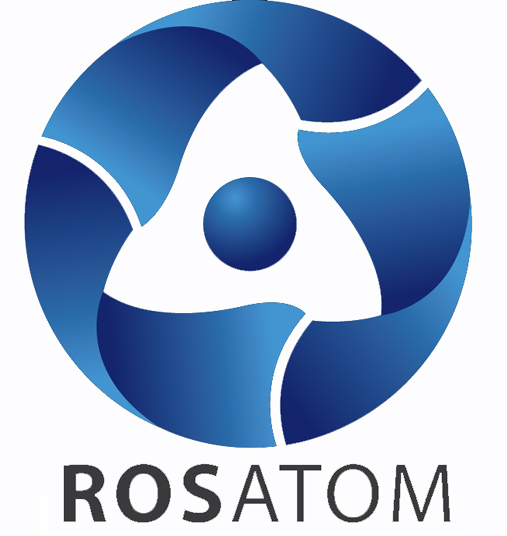Part 2 of 2 Parts (Please read Part 1 first)
The controversial Belene nuclear project has roiled Bulgarian politics since it was initially proposed forty years ago. In 2012, the Belene nuclear project was formally shelved.
In spite of subsequent attempts to revive it by the then Bulgarian prime minister Boyko-Borissove, the government of Kiril Petkov, in office from 2021-2022, froze the project again due to concerns over Russian dependence. Rosen Hristov is the Interim Energy Minister of Bulgaria. He has decided to try reviving the project. He is looking for help from American and French companies.
Hungary and Slovakia have not been as consistent in their attempts to move away from reliance on Russia for their energy systems. In August of 2022, Hungary issued a Rosatom a permit to construct two new nuclear power reactors at its Paks Nuclear Power Plant.
In Slovak, a new Russian designed reactor came online in February of this year. The new reactor will be supplied with Russian nuclear fuel until 2026. The monetary value of Hungary and Slovakia’s Russian nuclear imports in 2022 grew by sixty five percent and seventy two percent respectively.
Ukrainian officials have been trying to get the member of the E.U. to put Rosatom on its sanction list for almost a year. This was especially true after Russian seizure of the Zaporizhzhia nuclear power plant.
Robert Habeck is the Germany Economic Minister. He visited Kyiv in April. He urged the E.U. to impose sanctions on the import on Russian nuclear fuel “even if that means a change for the countries that still equip nuclear power plants with Russian uranium.” He added that “This is not acceptable in any way, it should be clear to everyone that such actions are not a game of hide and seek or a minor violation”. He stressed that sanctions are being circumvented via third countries.
Kacper Szulecki is a researcher at the Norwegian Institute of International Affairs’ Climate and Energy Research Group. He told an interviewer that the dependence of the region on Russian nuclear infrastructure and fuel is multifaceted. He went on to say that “Firstly, there is an infrastructure legacy which may be a source of security threats in itself. Secondly, there are fuel imports which are not easy to handle, it takes time. Lastly, there is the area of personal contacts and potential influences that often goes quite far back and can be exploited in a political context.” He also noted that “Fuel dependency is most pressing and energy companies and states will be addressing them. However, we currently see a regional alliance with France aimed at securing a future for nuclear energy in the EU decarbonization’s plans rather than dealing with Russian security threats.” He mentioned that current efforts risk diverting attention from the threat of Russian dependence.
The debate has become a point of contention among E.U. partners. Unlike gas or oil, nuclear energy imports are very hard to replace. Regardless, European nations will have to detach themselves from Russian nuclear supplies in the long-term if they want to free their markets from all Russian assurance.
